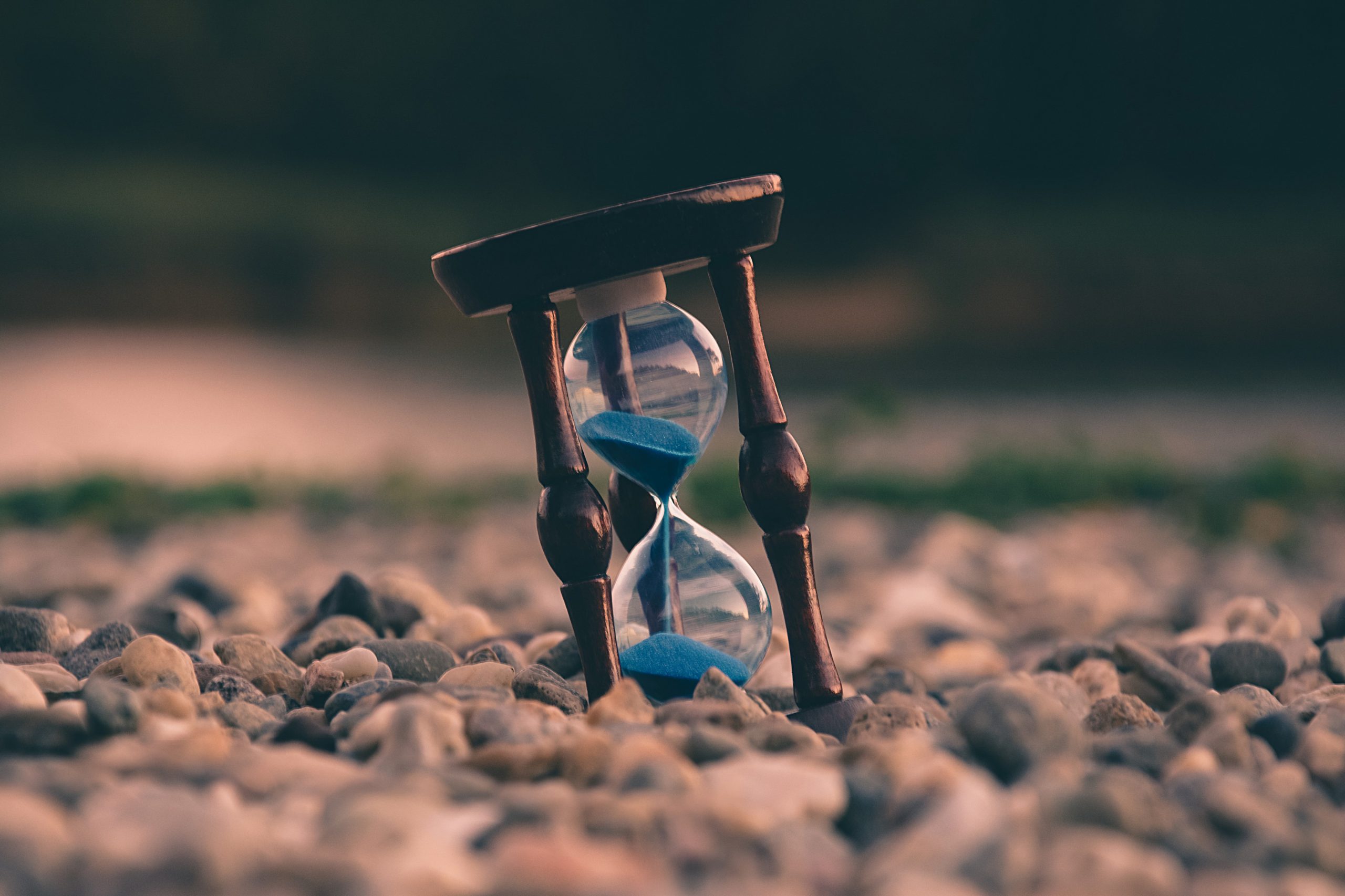Why do we wait?

Whether it’s waiting to visit family, waiting for a holiday or waiting for the end of a pandemic, waiting seems to have become the order of the day. Waiting is lost time and we charge for time in money.
The saying “time is money” hailed from Benjamin Franklin, one of the founding fathers of the United States. It’s no wonder that the concept of waiting has such a negative connotation. Waiting, according to the collective experience in Western culture, is considered an imposition. Anyone who must wait for an appointment becomes impatient, often angry and aggressive. Apparently, it doesn’t work to see waiting as a gift of time. Instead of enjoying it, it becomes torture.
Whether in the waiting room at the doctor’s office or in a conference room at work, waiting often makes one feel as if they are being controlled. Whoever makes others wait has power over them. Making people wait becomes an instrument of power. When we wait, we directly experience the passing of time. On the one hand, we complain about not having enough time and often wish we had this idleness, these pauses. But the moment someone else makes us wait, we find this very, very unpleasant.
What’s behind the wait? It is true that waiting is something we do every day. But waiting is not just waiting. Take, for example, a musician waiting for his turn to play notes in a musical score. His perception is sharpened and is not simply idle. Some of us wait for better times, the end of the world or for a baby to be born. Children, for instance, wait for their birthday or Christmas, often counting down the days. For some, waiting is a gift of anticipation, a promise that will bring a sense of fulfillment and make you feel good.
Our society has relatively few areas of life that are not infected by the time-is-money notion. In other cultures, the experience of time is completely different.
At the end of the day, how we experience time depends on what we associate with waiting. We assume that we organize time ourselves, yet waiting is something where time comes to you and you ask: what’s in store for me in experiences and possibilities?
